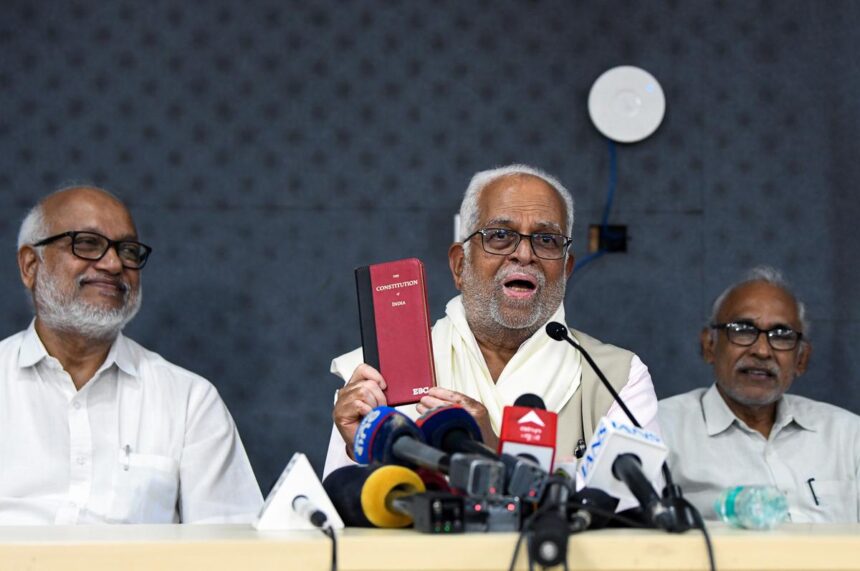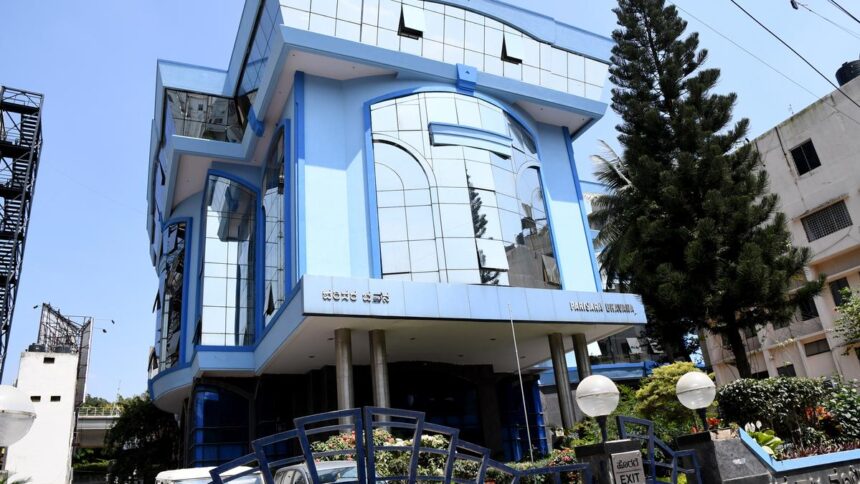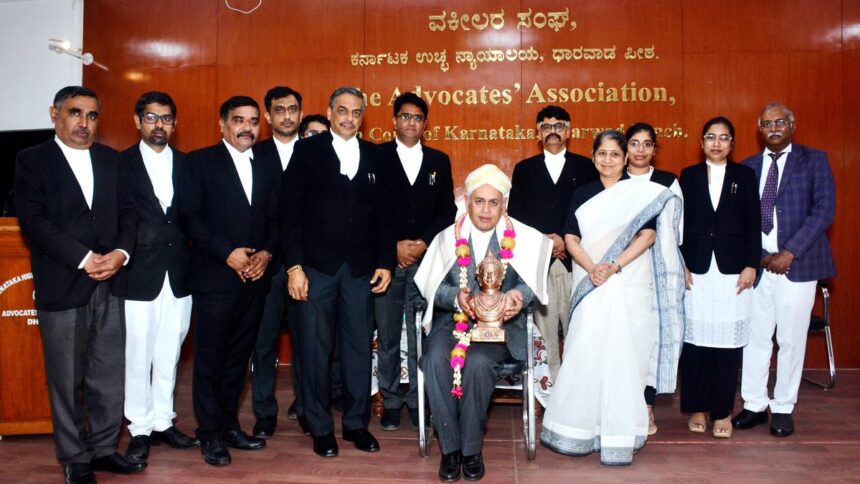
Image used for representation
| Photo Credit: Getty Images
The Madras High Court has set aside the conviction and 10-year-sentence imposed by a trial court on a 62-year-old South African woman, in a cocaine smuggling case, after she spent eight-and-a-half years in prison since her arrest in 2017.
Justice M. Nirmal Kumar allowed Princess Ntombifuthi Msomi’s appeal pending since 2022, challenging her 2020 conviction in the 2017 Narcotic Drugs and Psychotropic Substances (NDPS) Act case, and ordered her release from prison forthwith.
After holding that her conviction by the special court for NDPS Act cases was “not sustainable,” the judge directed the trial court to return her passport as well as the 300 U.S. dollars and 100 Brazillian Reals seized from her during arrest.
On being told the foreign currencies had been converted into Indian rupee and deposited in an interest-bearing bank account, the judge ordered that the Indian currency, along with the accrued interest, must be handed over to the appellant.
He further ordered that the appellant must be lodged at a foreigners’ camp, after her release from the prison, and then deported to her country after informing the Foreigners Regional Registration Officer and other authorities regarding her release.
The judge also recorded his appreciation for M. Mohamed Saifullah, a counsel appointed through the High Court Legal Services Authority, for having argued the appellant’s case effectively and directed the authority to pay his remuneration.
Body packing of drugs
According to the Narcotics Control Bureau (NCB), its intelligence officer had received a tip-off from a source regarding the smuggling of cocaine from Brazil to Chennai via Abu Dhabi. The NCB sleuths then intercepted Ms. Msomi at Chennai airport on January 21, 2017.
The prosecution claimed that she conceded to have swallowed more than 80 capsules containing cocaine. Immediately, she was taken to the Government General Hospital at Royapettah in Chennai and subjected to medical examination.
The appellant expelled 58 capsules rectally and removed one larger capsule vaginally on January 21, 2017, t. Subsequently, she passed 20 additional capsules on January 24, followed by two on January 25, and one more on January 26, 2017.
Altogether, the 82 capsules contained 1.075 kg of cocaine. The NCB sleuths formally arrested her on January 27, 2025, and it was informed to her siblings over the telephone. The appellant was also allowed to talk to her brother on the phone.
Carrier was offered US $5,000
The investigating agency claimed the appellant had confessed to have committed the crime at the behest of a person named Victor in Brazil, who had promised to pay her ₹5,000 U.S. dollars if she successfully delivered the cocaine at a hotel in Guindy, Chennai.
However, before the commencement of trial, the woman pleaded not guilty before the special court which, after appreciation of evidence, found her guilty under various provisions of the NDPS Act and imposed the minimum sentence of 10 years of imprisonment.
The trial judge V. Thenmozhe chose not to impose the maximum punishment of 20 years of imprisonment as she belonged to the most disadvantaged section of society and had been used for “body packing” and “body pushing” by the kingpins involved in drug trafficking.
Reason for setting aside conviction
However, assailing the conviction, Mr. Saifullah argued his client was a first-time visitor to India and she was unfamiliar with the local language and residents. He claimed she had been denied her basic rights at the time of detention.
Finding force in his submissions, Justice Kumar refused to accept the NCB’s claim that they had informed the appellant about her statutory right to be searched before a magistrate or a gazetted officer but she wanted the sleuths themselves to frisk her.
After highlighting a few other infirmities in the prosecution, case such as the failure to take cocaine samples in the presence of a magistrate, the judge held that the conviction as well as the sentence imposed against the appellant must necessarily be set aside.
Published – September 01, 2025 12:48 pm IST






















